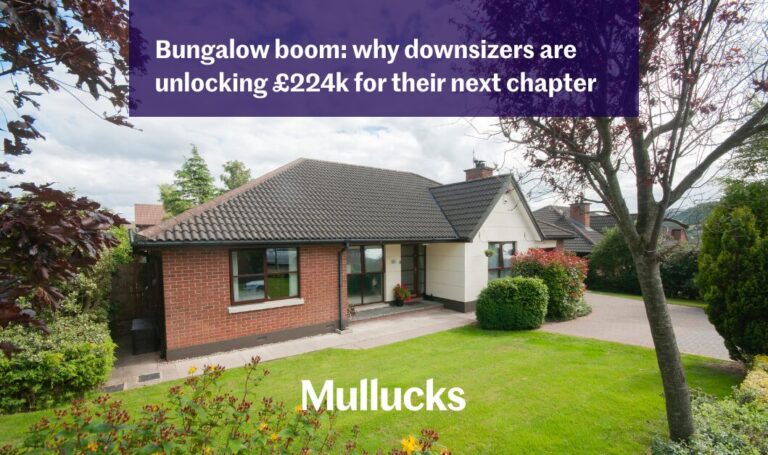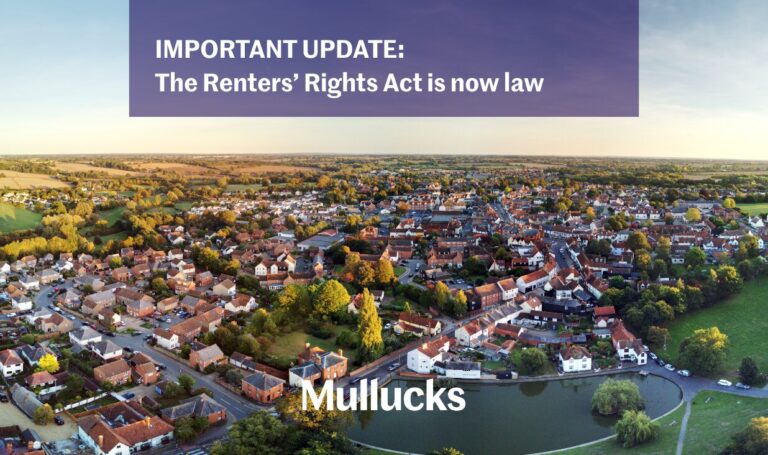Investing in rental property has long been considered a pathway to wealth, and despite changes in the Renters’ Rights Bill, the buy-to-let market remains a popular choice for investors. But is it the right choice for you? This comprehensive guide explores the pros and cons, the changing landscape, and what you need to consider before making a move into property investment.
Why do people invest in property?
At its core, property investment offers a dual reward: monthly rental income and long-term capital appreciation. For many, it provides a tangible, stable asset, less volatile than the stock market, and a potential hedge against inflation.
Key advantages:
- Consistent rental income: Rental demand remains strong across the UK, especially in towns and cities where access to work, education, and amenities drives tenant interest. This consistent demand supports the potential for a steady stream of rental income for landlords.
- Capital growth: Over time, property in many areas across the UK has appreciated. This potential for long-term growth allows investors to build equity and increase the value of their investment, particularly when holding property over several years.
- Leverage: One of the key advantages of property investment is the ability to use mortgage finance. By putting down a deposit and borrowing the rest, investors can gain exposure to larger or multiple assets, maximising potential returns from both rental income and capital appreciation.
- Tax reliefs: While tax rules have evolved, property investors can still benefit from certain allowable deductions, such as letting agent fees, maintenance costs, and some mortgage interest. Understanding these can help reduce taxable profits and improve overall returns.
- Inflation protection: Property is often considered a hedge against inflation. As the cost of living rises, both property values and rental income typically increase, helping to preserve the purchasing power of your investment.
- Diversification: Real estate offers valuable diversification as part of a wider investment portfolio. Unlike stocks or bonds, property provides a physical asset with distinct market dynamics, which can help reduce overall investment risk.
What to bear in mind when investing?
While rental property investment can be rewarding, it also comes with challenges that every investor should weigh carefully, such as:
- High upfront costs, including deposits, legal fees, and stamp duty
- Ongoing compliance with evolving tax and energy regulations
- Risk of rental voids and problematic tenants
- Time-consuming management and maintenance tasks
- Limited liquidity, requiring strong cash reserves
Is buy-to-let still worth it?
Yes, but only with the right approach. Buy-to-let is a much more strategic game than it was in the past. Regulatory changes, tax adjustments, and market shifts mean only informed, prepared investors are likely to thrive.
What’s new?
From April 2024, people who pay higher taxes now pay less tax when they sell a property and make a profit. But since June 2024, there’s no longer a discount on stamp duty when buying more than one property at the same time. On the bright side, rents have been going up across the UK, which means landlords are earning more from their properties than before.
Creating your investment strategy
Before diving in, define your investment goals. Ask yourself:
What do I want from this investment?
- Income today? Focus on high-yield areas with reliable rental demand.
- Capital growth later? Target regeneration zones with rising house prices.
- Personal use later? Consider areas where you may retire or let to family members.
When do I want returns?
Some investors aim for steady monthly profits, while others are happy to break even monthly if long-term appreciation is strong.
What’s my risk tolerance?
If you’re wary of debt or can’t handle a six-month void period financially, you may need to build a cash cushion or rethink your strategy.
How hands-on do I want to be?
Are you willing to manage repairs, stay up to date with legislation, and respond to tenant queries? If not, budget for a letting agent or management company.
The power of mortgages in property investment
If you use a mortgage to buy a property, you can make more money by using less of your savings. If the property’s value goes up, you still get the profit, even though the bank helped pay for it. Just remember, you have to pay back the mortgage and cover other costs, so it only works well if the rent pays those bills and you keep the property for a long time.
Of course, you’ll incur interest and fees, and your rental income must cover the mortgage and outgoings. But for long-term investors, borrowing amplifies wealth-building potential.
Getting started: A step-by-step overview
Speak to a financial adviser
Ensure buy-to-let aligns with your wider financial goals. If you’re drawing from your pension or savings, understand the tax implications.
Talk to a buy-to-let mortgage broker
Two-thirds of buy-to-let mortgage products are only available through brokers. They can guide you on affordability rules, product selection, and lender expectations.
Work with a tax specialist
Buy-to-let taxation is complex. Get advice on ownership structure, income tax, CGT, and inheritance implications.
Hire a conveyancer or solicitor
Ensure your purchase goes smoothly, especially if buying with tenants in situ, through a company, or with family members.
Partner with local estate and letting agents
A local agent will help you:
- Identify high-demand properties
- Understand realistic rental returns
- Avoid investing in poorly performing areas
Key considerations before buying
Before investing in a rental property, it’s important to stress-test your finances to make sure you can cope with rising interest rates or void periods. Always keep some cash saved up to cover unexpected repairs, mortgage payments, and legal fees. Make sure you fully understand your responsibilities as a landlord, including legal obligations, property maintenance, insurance, and tax paperwork. Lastly, stay up to date with landlord laws, as these are changing often to improve tenant rights and housing standards.
Is rental property investment the right choice for you?
Investing in a rental property can be a lucrative, long-term strategy, but it’s not a passive income miracle. You’ll need to invest time, effort, and money, and manage risks carefully.
That said, with the right planning, professional support, and a long-term perspective, property investment remains a compelling way to grow your wealth.
Start your investment journey today
If you’re considering a rental property investment, Mullucks’ expert estate agents are here to help. With deep knowledge of the local property market and years of experience supporting landlords, we can guide you through every step of your buy-to-let journey.
Contact your local Mullucks team today to explore the best investment opportunities near you.
Further reading:
Pros and cons of buying property in cash














